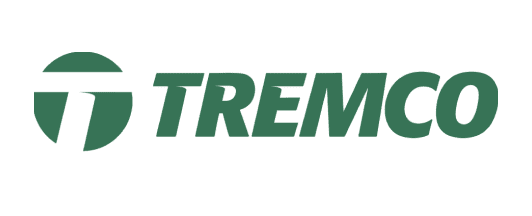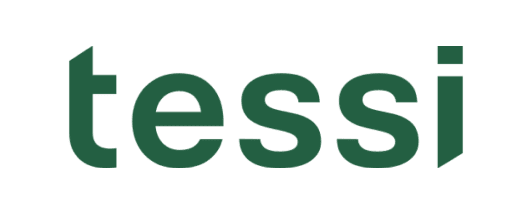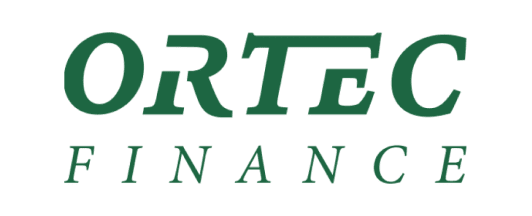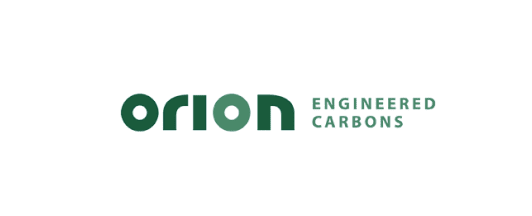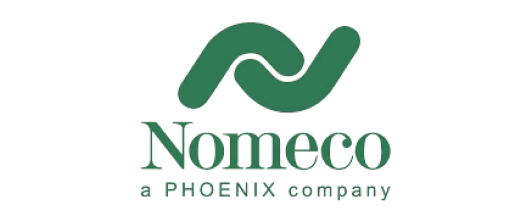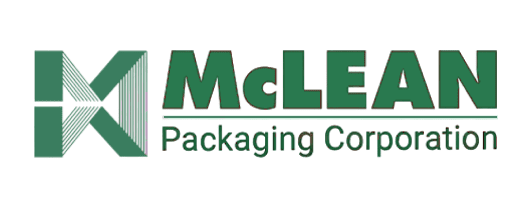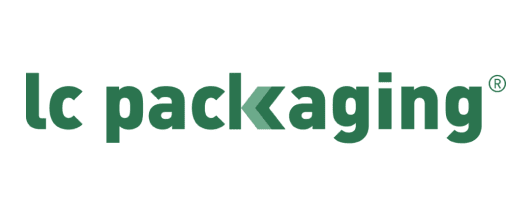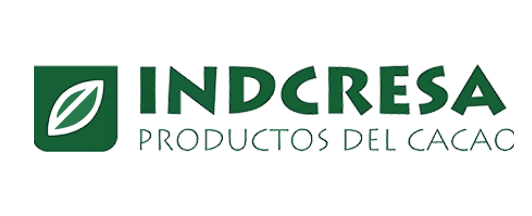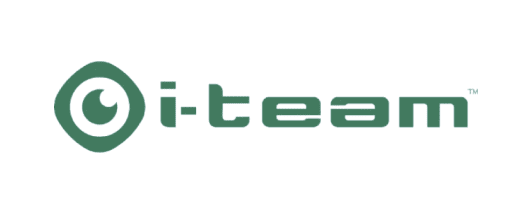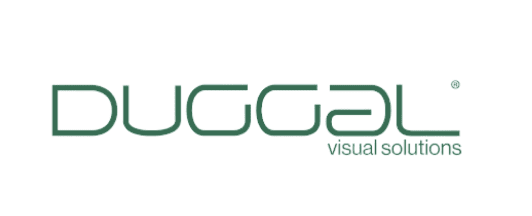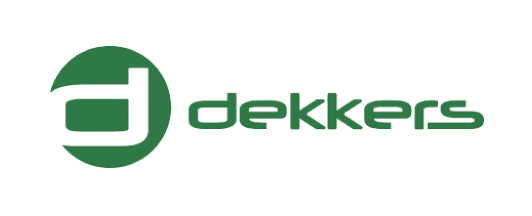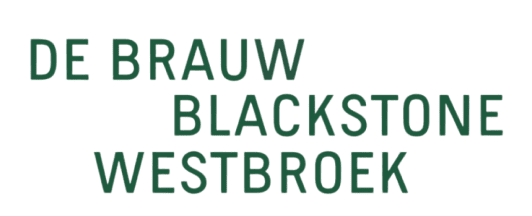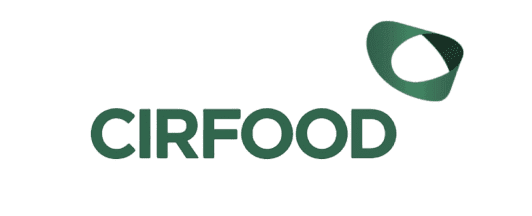Climate risk

Your ambition
our commitment
Climate risk, mitigated
Our services
Climate risk and reporting,
from A to Z
Why get support with climate
risk
Replies within 24 hours
On the side of transparent progress
Insights
Frequently asked questions
There are two main types of climate risk that organisations need to consider: physical risks and transition risks. Each type encompasses a variety of sub-risks that can have a significant impact on operations, financial performance and overall resilience, including acute and chronic physical risks (e.g. extreme weather events, natural disasters, sea level rise and temperature increases), policy and legal risks, technology risks, market risks and reputational risks, to name a few.
To effectively manage and mitigate these risks, organisations should conduct a climate risk assessment and develop future scenarios to model potential impacts on operations, develop mitigation and adaptation strategies, and monitor regulatory changes and new technologies.
Mapping climate risks across your value chain is an important step in preparing for compliance with the Corporate Sustainability Reporting Directive (CSRD) for several reasons. First, it will help you comply with section E1 of the European Sustainability Reporting Standards (ESRS), which requires companies to identify and disclose material climate risks and opportunities through the double materiality assessment process. Second, the CSRD requires climate-related risks and opportunities to be assessed using scenario analysis, including both low-carbon transition scenarios (e.g. 1.5°C warming) and high physical impact scenarios (e.g. 4°C warming). Mapping risks across different scenarios helps to meet this requirement. Finally, the CSRD also requires information on mitigation and adaptation strategies, transition planning, and governance and risk management mechanisms. These should all be part of a climate risk journey.
Major regulations already adopted and requiring climate risk assessment include the EU’s CSRD, California’s SB 261 (effective 2026), Australia’s AASB-2 and the upcoming regulations include jurisdictional adoptions by the UK, Canada, Switzerland, and several states in US like New York, Illinois, Washington etc. Each requires disclosure aligned with IFRS S2 which in turn is aligned with TCFD , focusing on governance, strategy, risk management, and metrics.
Public and private companies, including subsidiaries, with over $500 million in annual global revenue and significant business activities in California must submit climate risk disclosures starting 2026. Non-compliance risks fines up to $50,000 per year and potential legal action.
Both physical risks (such as flooding, heatwaves, drought, storms, sea level rise) and transition risks (carbon pricing, market shifts, new regulation, technology changes) are evaluated. Risks are acute (sudden events) or chronic (long-term trends) and considered at asset, operational, and supply chain levels.
Assessments leverage recognized scenarios such as the IPCC’s SSP2-4.5 and SSP5-8.5 for physical risks, and International Energy Agency (IEA) models like NZE 2050 or STEPS for transition risks. Analyses cover short (2030), medium (2040), and long-term (2050+) horizons.
Risks are scored using a semi-quantitative matrix combining likelihood (rare to almost certain) and impact magnitude (negligible to critical). Heatmaps visualise these to prioritise focus areas. Financial impacts like revenue loss and operational cost increases are qualitatively or quantitatively assessed.
Climate risk management integrates mitigation, adaptation, and risk financing strategies to minimise adverse impacts from climate-related hazards and transition challenges. This holistic approach helps safeguard operations and optimises opportunities in a changing regulatory landscape. Our team provides bespoke climate risk management advice designed to fit your organisation’s unique profile and reporting needs.
Climate change poses significant economic risks including increased operational costs, supply chain disruptions, and evolving market conditions. Proactively integrating these economic considerations into your climate risk strategy enhances long-term sustainability and competitiveness. Our experts can help quantify these impacts and develop strategies that align with corporate goals.
Based in the Netherlands and recognised globally by Verdantix, Nexio Projects is a top rated ESG and sustainability consultancy with deep expertise in climate risk reporting. With project experience across 20 countries and more than 25 industries including logistics, shipping and consumer goods, Nexio Projects supports businesses in aligning with frameworks such as TCFD and CDP.
As an experienced ESG advisory firm and climate change consultancy, we offer sustainability services such as identifying climate risks and opportunities, developing scenario analyses, and preparing high quality disclosures.




